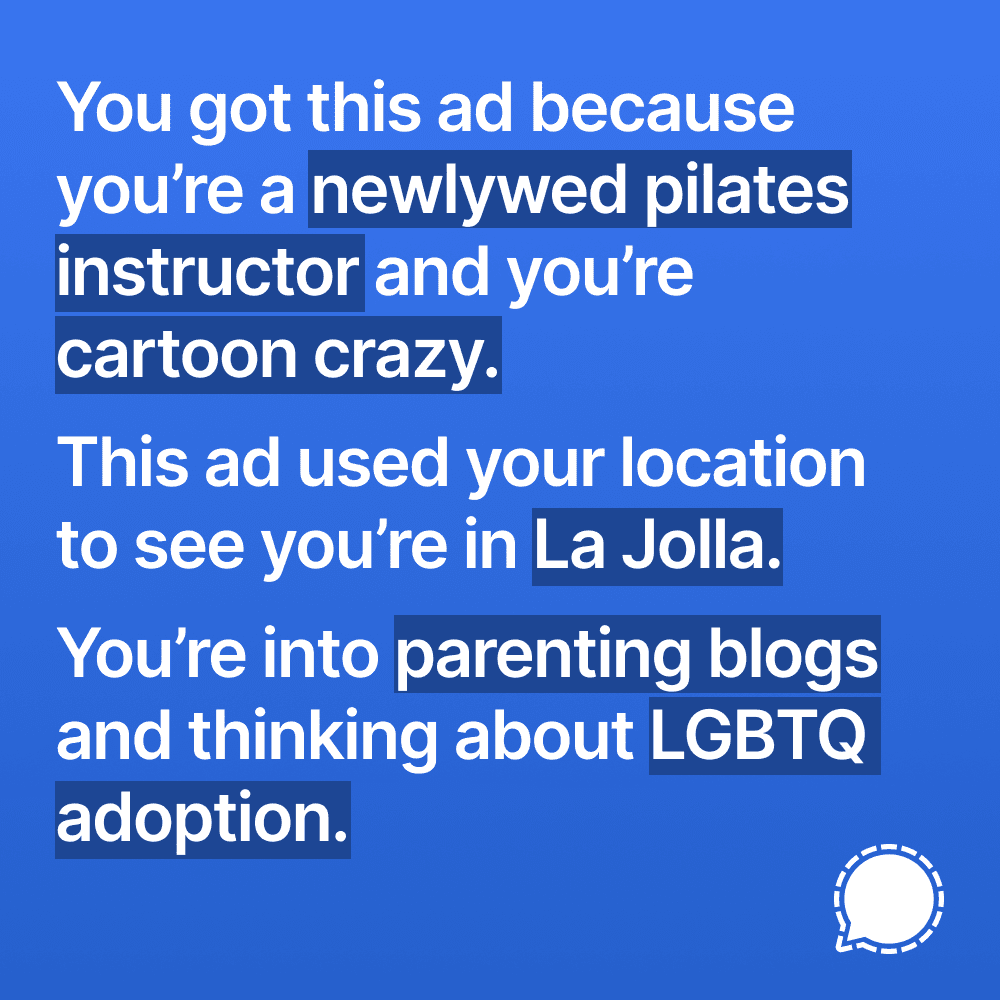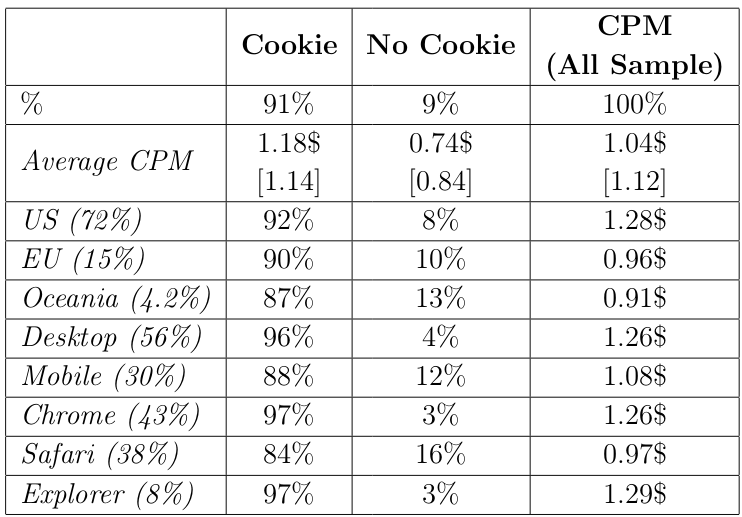“What’s the difference between me and you?” asks the voice in Anthropic’s most recent ads, mocking OpenAI’s announcement to run ads in their product soon.

Deception
“What’s the difference between me and you?” asks the voice in Anthropic’s most recent ads, mocking OpenAI’s announcement to run ads in their product soon.

Deception

Ob das echte Werbung ist ist mir leider ein bisschen unklar. Es ist offenbar der echte Youtube Kanal der indischen Vertretung des Schokoladenherstellers. Trotzdem. In dem Spot wird eine Sache bedient, die in einschlägigen Kreisen schon lange und intensiv diskutiert wird. Was macht AI mit Menschen und menschlicher Arbeitskraft. Und wenn das nun wirklich echte Werbung ist, dann trägt Cadburry solche Gedanken zu einer breiteren Wahrnehmung.
Ich habe jetzt jedenfalls Lust auf einen Cadbury 5 Star Schokoriegel, bitte.
Well, I guess, the message is you better wear helmets when going to England. Helmets have always been a great idea.
Great Ad, otherwise.

As advertised by Apple. The company introduced a feature called “App tracking transparency”, that defaults to “do not allow tracking” as of version 14.5, that was released earlier this year. The feature allows device-owners to control which apps can track user behaviour across multiple websites.
Reality is more complex, as always, but it’s still a great ad.
Creative advertising is mostly about tracing attraction. To go viral. Nike tried something a lot of people can probably relate to. To suck at sports. The ad is fun to watch and I definitly feel like this is me. After all, the other goal marketing campaigns aim to address new user groups. This is also play new to grow the share. Now go buy gear.
Nike’s new ad is part of a campaign titled Play New, which emphasises the joy of taking part in sport, even if you’re a bit crap at it
From the article at https://www.creativereview.co.uk/
Signal, the company offering secure and private messaging, tried to advertise on Facebook. Naturally, the company tried to drive their value in privacy. They chose to point out the implications Facebook’s businesmodel has for these values.
Apparently Facebook didn’t like the ads.

Source: Signal >> Blog >> The Instagram ads Facebook won’t show you
Researchers from U Minnesota, UC Irvine and CMU took a look into “behavioural based advertisement”, a segment that requires heavy tracking of users across websites through cookies. A report of their findings is here: Online Tracking and Publishers’ Revenues: An Empirical Analysis. Money quote:

They found that despite the 40% “ad-tech” premium charged by behavioral ad companies, the ads only added about 4% the media companies that published them, meaning that behavioral advertising is a losing proposition.
Source: Boing Boing

Note the “We are connected to” section. 
Very obviously, Internet was not very popular back then and lists under “coming soon”. While email and internet was available to Universities before, the “Deutsche Telekom” and others only started around the same time to commercialize internet access as a consumer product.
JavaScript als Grundlage fast aller HTML5 Innovation wird auch gerne von Werbenetzwerken benutzt um nervige Bilder und Banner anzuzeigen. Am liebsten auf Millionen von Webseiten gleichzeitig und am besten auch gleich so, dass man die gleiche Werbung auf allen Webseiten sieht bis man gekauft hat. Sofern man denn zur richtigen Zielgruppe gehört. Auf der Blackhat hat sich mal jemand Gedanken gemacht, was man für ein paar Cent pro Tausenderreichweite noch alles machen kann.
Still, the two tested proof-of-concept ads that could be used for DDoS attacks on web applications, distributed brute-force cracking of encrypted password “hashes,” and cross domain brute force attacks on passwords.
via IT World